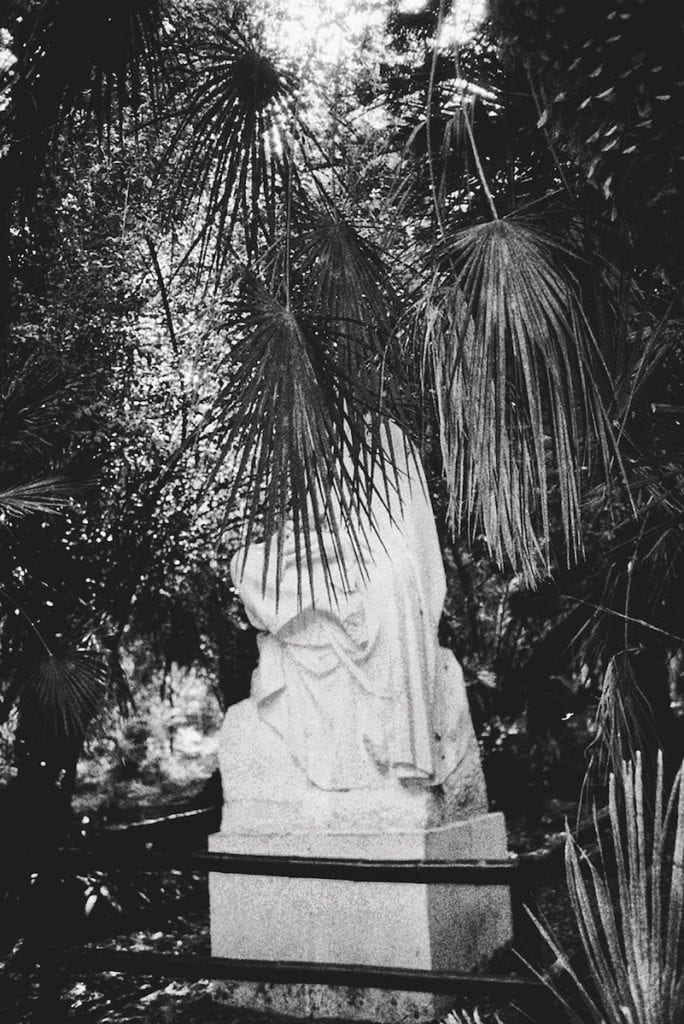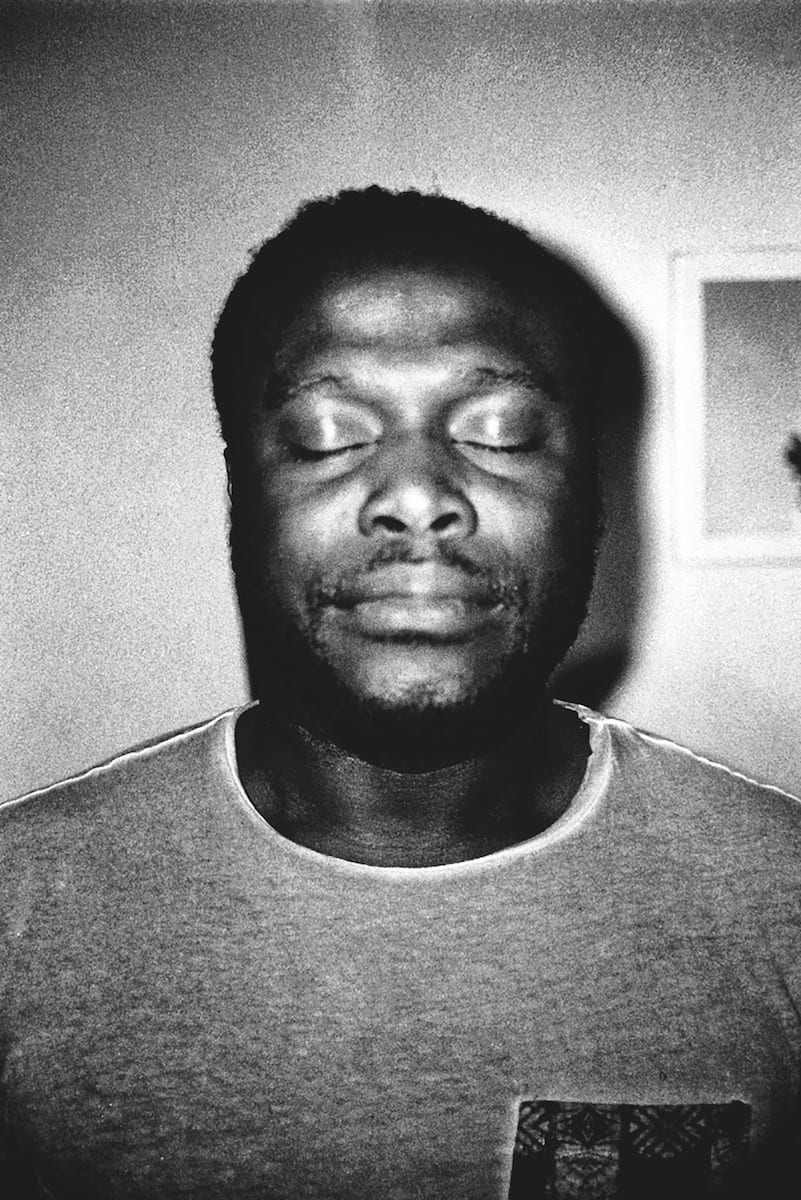Abdo Shanan’s ongoing series, Dry, features a portrait of a French-Algerian woman whom he met in Paris. “Her physical features aren’t typical Algerian features,” Shanan says. “She has clear eyes, fair skin. So she was always regarded as French.” During the making of the portrait, the woman told him: “You can’t imagine the number of stories I hear from French people regarding Algerians. But I cannot express my anger because I feel I am protected by my skin.”
The image acts as a microcosm for the larger enquiries incumbent in Dry. The portrait of the woman, says Shanan on a phone call from his home in Algeria, helped him realise, “that your identity is very much bound to your physical features”; something that he hadn’t fully comprehended until that point. Dry is yet to be completed but has already helped to orientate Shanan as one of the most promising photographers on the continent, winning him the Contemporary African Photography Prize last year, ahead of his selection for the Joop Swart Masterclass.
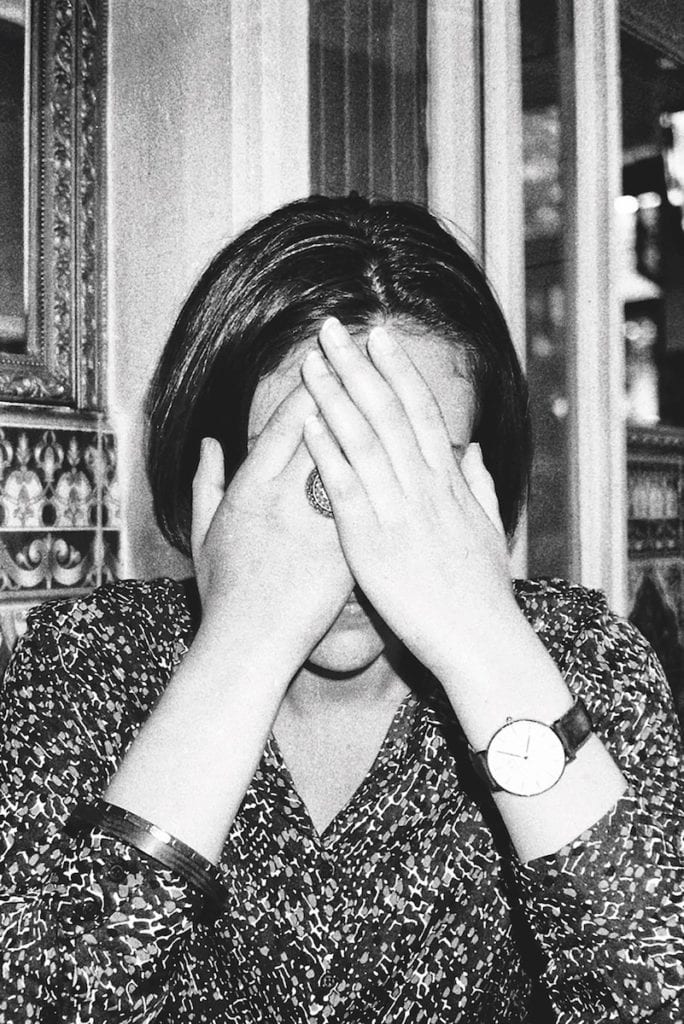
Along with Dry, Shanan’s work thus far comprises an earlier series, titled Diary: Exile, and a series begun only over the last few months, titled A Little Louder. Each explores a facet of Shanan’s own and ongoing exploration of his own identity, and how that relates to larger ideas of nationality, independence, post-colonialism and globalisation. He was born in 1982 in Oran, Algeria’s second city, to a Sudanese father and an Algerian mother. When he was nine, his family moved to Libya, where they would remain for the next 18 years. “I spent that time convincing myself I was Algerian,” Shanan says. “While my father kept insisting I was Sudanese. He tried so much to impose a Sudanese identity on me, so I developed a complex relationship with him.”
At the urging of his father, Shanan studied engineering at the Sirte University in Libya. But, when he graduated in 2006, Shanan also began to discover photography. “I realised I could regard photography as my own language,” he says. “I struggle with finding words and I struggled a lot with finding my own voice when I was young.” This “discovery”, pursued privately, gave him a voice. “I realised that, through photography, I could express myself as loudly as I wanted without feeling uncomfortable or feeling my ideas weren’t strong enough. That’s what photography gave me.”
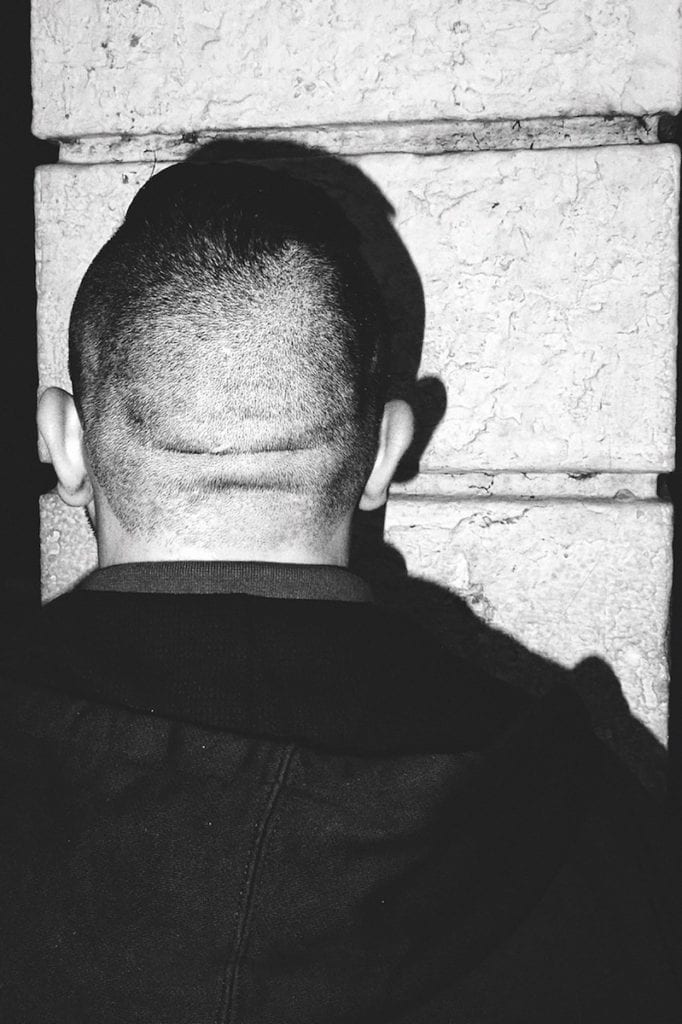
In 2009, Shanan decided to return to Algeria and make it his home. “It was only then that I began questioning my idea of belonging,” he says. Dry, then, is a direct result of this process of self-realisation; a product of meeting, speaking to and photographing family, friends and strangers who have a similarly complicated relationship with the question of where they are from. Along with a portrait, Shanan photographed each subject’s environment before then recording an interview.
Two years later, Shanan won an Algerian photography prize organised by the French Institute of Oran. The award was an internship at Magnum Photos. He travelled to Paris and spent the next 10 days immersed in the archives of Magnum’s office. “The experience changed my life,” he says. “I saw things I had never seen before. But, afterwards, I felt lost. You’re confronted with so much information. There are so many photography schools. I didn’t know what I wanted to do with photography.”
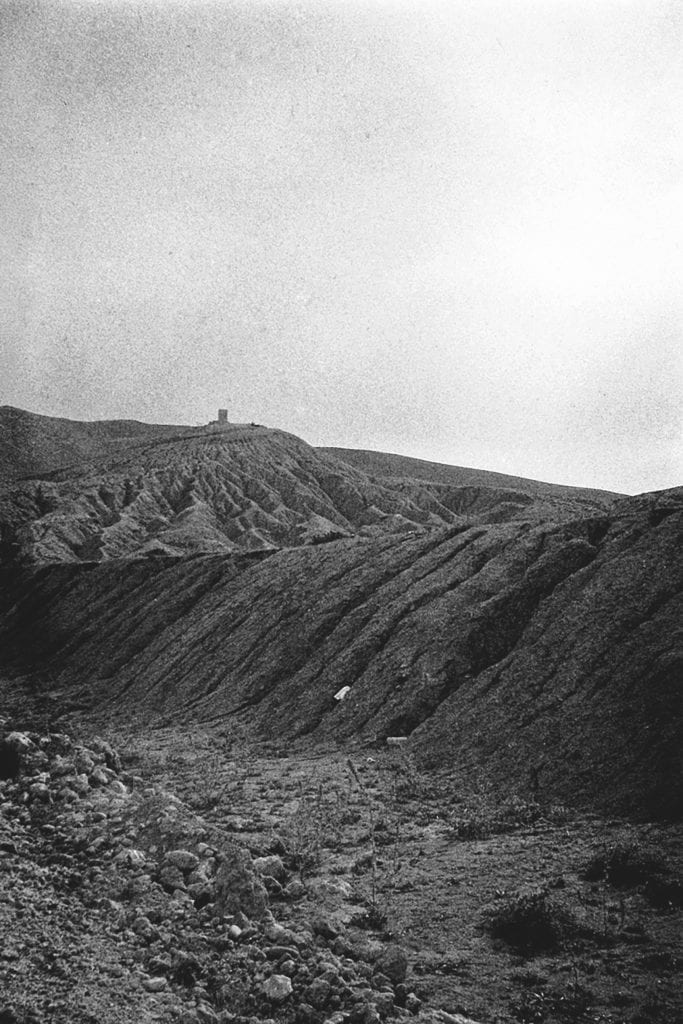
Scandinavians such as Jacob Aue Sobol, Anders Petersen and JH Engström became aesthetic influences from afar, and he also became immersed in the work of the South African photographer Pieter Hugo, in particular the book Kin, which, he says, “explores the weight and violence of the past, and how it is always present in society” – a perspective that is as relevant in Algeria, with its recent bloody history, as in South Africa, he says. Intuitively, Shanan pursued an expressionist style of portraiture, working quickly, without being afraid to make mistakes. “I felt really at ease with it,” he says. “At the time, I was super clumsy. So it suited me to be a bit more rock ‘n’ roll.”
In 2015, Shanan received a nomination for Magnum Foundation Emergency Fund. Soon after, he made his first story for the Arabic magazine, Rukh, and Diary: Exile was selected by the Addis Fotofest. Over the course of the recent pandemic, Shanan has reported from the streets of Algeria, capturing coronavirus’ impact on the country’s “peaceful revolution”, which last year saw the exit of President Abdelaziz Bouteflika, who has ruled the country for two decades. He did so for the historic American political magazine, The Nation, his photographs coupled with first-person reported journalism. “I am now confronted with an important question,” he says. “I feel like the stress of photography, from my own side, is not enough. There is something missing. Where I go next, whether I move to another medium, I still don’t know. Sometimes I feel bound by photography.” He aspires to turn Dry into a monograph but also wants to create a multimedia project. “I need more,” he says. “Let’s see what happens.”
